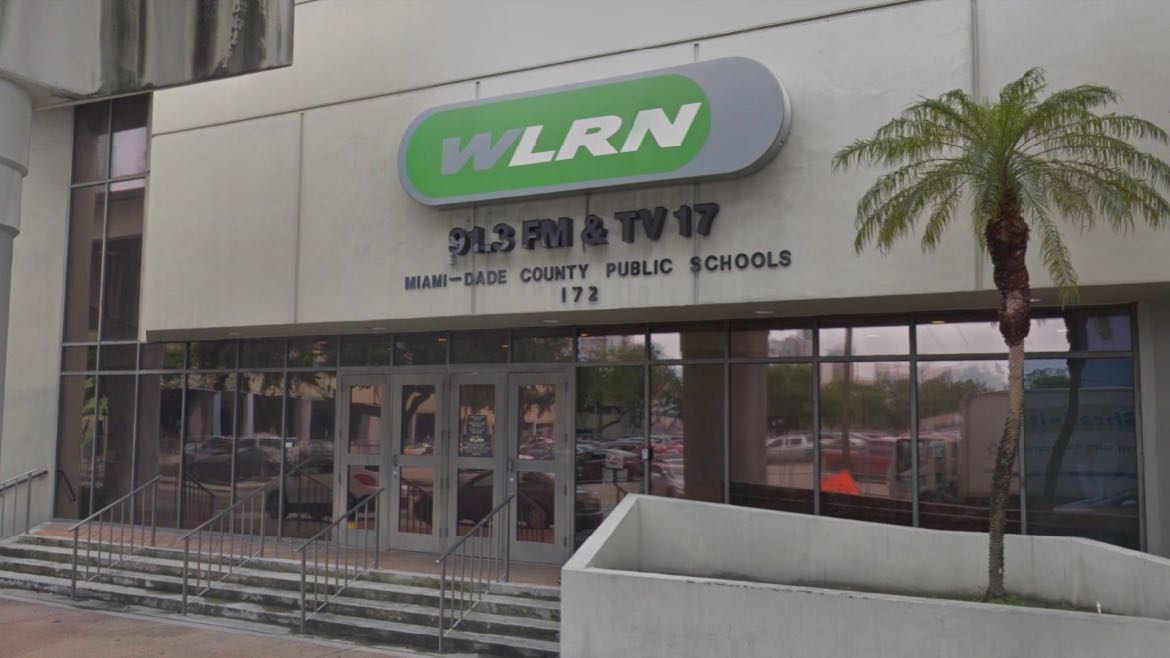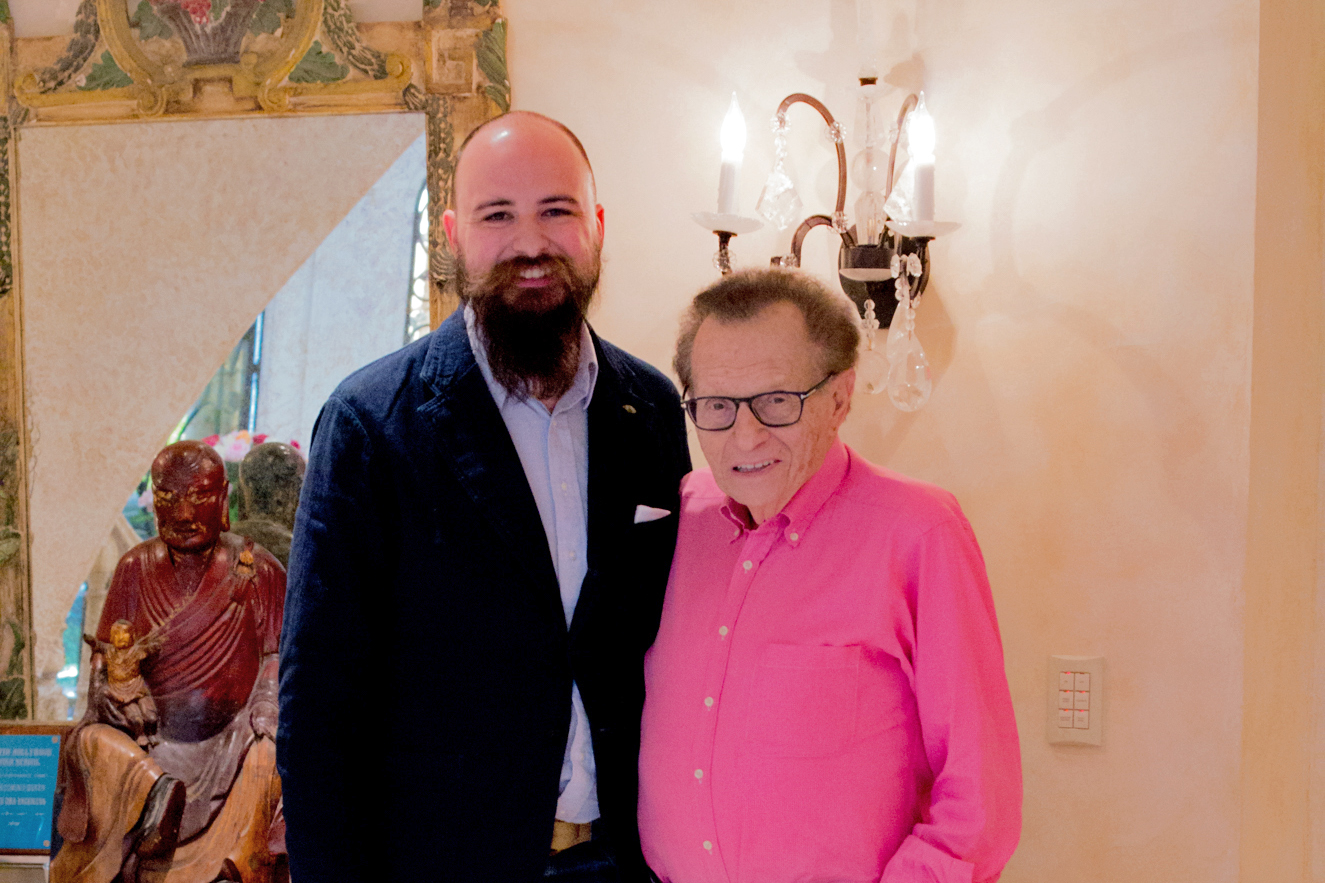‘Vincent Chin’ rebroadcast extends Detroit Public TV’s engagement with Asian-American community

Vincent Chin
When Asian competitors in the auto industry drew jobs away from blue-collar workers in a Rust Belt city, the bitter xenophobia of white residents crystallized into violence. At the height of this populist fury, two white men killed Vincent Chin, a 27-year-old Chinese-American man from Highland Park near Detroit.
The case of Chin’s murder sounds like it could be part of the recent rise of anti-Asian hate crimes in the U.S. But it happened 40 years ago this month. Monday night, PBS rebroadcast a restored version of the documentary Who Killed Vincent Chin?, which was co-produced by Detroit Public TV in 1987. The film airs Wednesday night on the World channel.
Set against the backdrop of Motor City in decline, the documentary presents chilling interviews with Chin’s assailants, Ronald Ebens and Michael Nitz, and illustrates how Chin’s death galvanized the Asian-American civil-rights movement.
Helmed by Christine Choy and Renee Tajima-Peña, the documentary was nominated for an Academy Award in 1989. Ahead of the broadcast, PBS presented conversations with Choy and Tajima-Peña; Juanita Anderson, DPTV’s EP on the documentary; and Jim Shimoura, an activist who in the wake of Chin’s murder established American Citizens for Justice, a Detroit-based Asian-American civil rights group. The televised conversations were part of a larger remembrance, which included four days of film screenings, live performances and panel discussions in Detroit and online.
While DPTV has been preparing for the lauded documentary’s anniversary, its staff decided to take a closer look at the Asian American and Pacific Islander community in Detroit more than two years ago. The station introduced an AAPI advisory group in October 2019 with plans to localize the PBS series Asian Americans. DPTV had slated celebratory events alongside live screenings for May of 2020. The shutdown in March 2020 thwarted plans for in-person meetings, and the spike in anti-Asian hate crimes that followed shifted the event’s tone, said Ed Moore, DPTV VP of content.
That May, the station partnered with APIAVote Michigan, a nonprofit organization that encourages AAPI civic engagement, to convene a virtual town hall with more than 450 members of the local AAPI community. The discussion went on for over 90 minutes, giving AAPI residents a moment to open up publicly about their experiences, Moore said. DPTV has continued holding monthly meetings with its advisory panel, an engagement strategy that has helped the station tell stories about the AAPI community with more intentionality.
“You can’t get the kind of nuance if you haven’t been there meeting with folks month after month and really understanding at a deeper level what their hopes, concerns, fears are,” Moore said. “It can be subtle sometimes, but it can also mean a world of difference in how you tell the story or how you present it or how you approach it.”
The monthly meetings touch on social and cultural happenings in Detroit’s AAPI community, though the bulk of event and story planning happens in conversations among panel members outside the meetings, said Chien-An Yuan, an artist who runs an experimental record label in Ann Arbor, Mich., and serves on the advisory panel.
“One of the very solid things about the committee and one of the things I’m grateful for is that it’s actually consistent,” he said. “They consistently have it every month, and that’s one of the things where cultural scenes live and die by — consistency and participation.”
Highlighting AAPI diversity
By March of 2021, the Atlanta spa shootings had revitalized the Asian-American community’s calls for justice. As a woman of Filipino descent, Zosette Guir recalled feeling too afraid to go to a doctor’s appointment after a man killed eight people, including six women of Asian descent.
“I was just thinking to myself that I can’t be the only person feeling this way,” said Guir, manager of content at DPTV. “I also realized that working at a public TV station and being on a team that is about news and public affairs, and with DPTV really being a station that is focused on community engagement, there was something that we could do and a space perhaps that we could provide.”
Guir, who had also covered the Stop Asian Hate rallies last spring around Detroit with her colleague, DPTV producer Bill Kubota, approached her boss with the idea to reengage the advisory group. What she heard from the panel was a resounding need to share personal stories of what it’s like to be Asian-American in metro Detroit, she said.
“Asian Americans are often depicted as being invisible or the invisible minority,” she said. “We want our stories to be told in a way that really reflects the authentic lives of the AAPI community here, that there’s great diversity within the community. There’s a rich history, and there’s this desire for a platform to really share the full breadth of the experience of being Asian-American.”
The U.S. Census estimated in 2021 that 77% of Detroit’s population was Black and 14.4% white. Asians make up just 1.9% of the city’s 672,000 residents, making the AAPI community one of the smallest ethnic populations in Detroit. But it’s not a monolith. Historically, much of Detroit’s Asian diaspora came from China. Just as their white neighbors did in the 1970s, many Chinese residents fled the city and left behind its once bustling Chinatown.
The Asian population living within Detroit has recovered somewhat, with Hmong immigrants from Laos settling on the east side, according to the Detroit News. Banglatown, which straddles the border of Detroit and Hamtramck, Mich., is home to one of the largest Bangladeshi communities in the country as well as Indian and Pakistani residents. Japanese, Korean, Filipino and Vietnamese residents have also settled within the city and its surrounding suburbs.
When looking for stories about the AAPI community in Detroit, Kubota and Guir went back to one of the original activists of Chin’s era, Roland Hwang. He co-founded American Citizens for Justice alongside Shimoura and Helen Zia, who is prominently featured in the documentary as an advocate for Chin’s family. Hwang now serves as president of ACJ and on the advisory panel. Kubota’s recent interviews with Zia and visits to Hwang’s lectures at the University of Michigan on the AAPI civil-rights movement have helped inform the AAPI content on DPTV’s weekly public-affairs program One Detroit, Hwang said.
“It’s an opportunity for the community to identify itself and tell our stories via these snippets or shorts that are airing,” Hwang said of the advisory panel. “There’s a lot of work that goes on in the Asian-American community, whether it is working on the front lines during the COVID pandemic … so it’s really a matter of providing a deeper and better profile of more aspects of the community and to illustrate the heterogeneity of the community.”
‘A lot of it is the little stories’
Guir’s work with the advisory panel and her renewed interest in telling more nuanced stories about the AAPI led to a collaboration with Dorothy Hernandez, digital editor at Detroit public radio station WDET. The two met at a Stop Asian Hate rally and began talking about the recent attacks. As two female Filipino journalists, the violence perpetrated against Asian American women hit home for Guir and her, Hernandez said. At the same time, they wanted to find stories centered on Asian Americans that didn’t focus on their tragedies or deaths, she added. A big fan of the StoryCorps model, Hernandez arranged a series of audio conversations among members of the local AAPI community that aired both on DPTV and WDET.
“For the series, we wanted to highlight the joys and also the struggles of being Asian-American in Southeast Michigan,” Hernandez said. “We just thought it would be more compelling, as the people who had a connection to each other could just kind of talk about what it means to be Asian-American in this moment of increased anti-Asian hate and racism.”
AAPI Stories has featured an interracial couple, a Filipino adoptee’s search for his birth mother and a conversation between friends about the murder of George Floyd. After its launch during Asian American Pacific Islander Heritage Month in May, it evolved into an ongoing series. Kubota singled out AAPI Stories as the future of news.

“We can talk so much about the big stories that you see all the time … but a lot of it is the little stories, the stories about living,” Kubota said.
The movement to tell a wider array of stories is gaining steam not only in public media but in Michigan politics. In January, Democratic state Sen. Stephanie Chang introduced a bill that would require schools to include Asian-American and Pacific Islander history in the curriculum. Who Killed Vincent Chin? may have garnered accolades at the time of its original release, but in the four decades that have passed, his story has fallen out of the state’s mainstream history. Hernandez was shocked when she met young people from Detroit who had never heard of Chin, a testament to the underreporting of Asian-American stories in the state.
Kubota, who worked in local TV news when Chin was murdered, is intimately familiar with the case. The trial became a phenomenon, spreading from Detroit to national television shows like Phil Donahue. Yet years after Chin’s story dominated broadcast news, he faded from the general public’s memory.
“That’s why it’s exciting to see this thing coming out again,” Kubota said.
Kubota has made a career out of keeping Asian-American stories alive. In his 2018 documentary The Registry, he profiled nonagenarian Japanese-American veterans who served in a secret unit of U.S. Army interpreters and interrogators in the Pacific theater during World War II. In 2007, he directed the PBS documentary Most Honorable Son, about Nebraska-bred Ben Kuroki, the only U.S. Army Air Corps member of Japanese descent.
The director and producer approaches his work by examining the Asian-American experience through a Midwestern lens. That means not overlooking the lighthearted experiences and traditions of the AAPI community in Detroit, like exploring the origins of almond boneless chicken. The feature grew out of a conversation with Hwang and Shimoura. The veteran activists argued that although the subject wasn’t newsy, it told an important story about the Asian community and how it created a dish, like fortune cookies or General Tso’s chicken, that appealed to everyone.
“It’s not just about the sociopolitical dynamics, it’s basically the culture of who we are, and I’ll get a little bit more specific in that it’s who we are as Michiganders or Midwesterners, as Asian Americans,” Kubota said. “Sometimes it’s a fun fact to know and tell, but it also helps define who we are. It helps other people that aren’t Asian understand a little bit who we are.”








